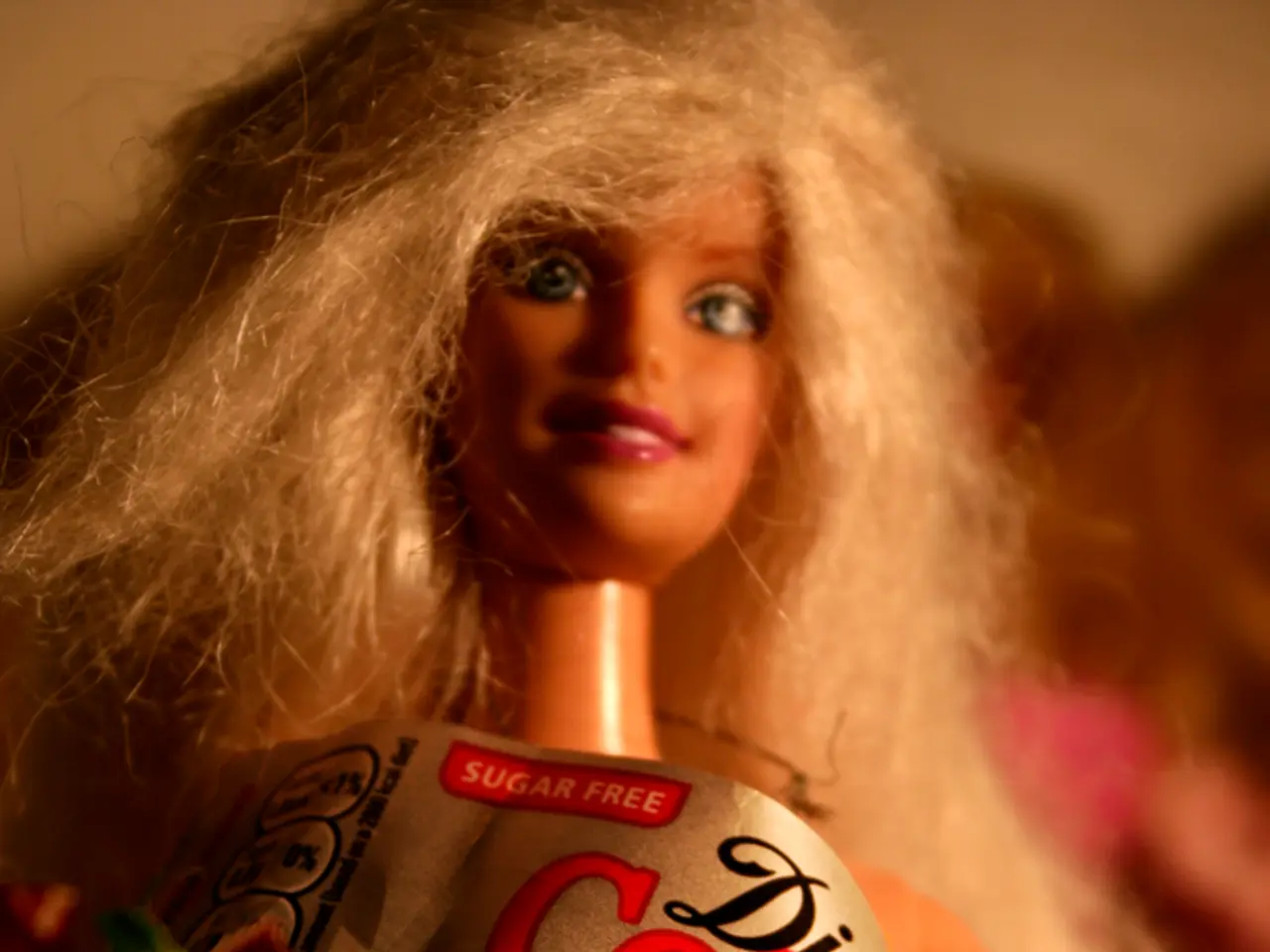Potential Implementation of a Sugar Tax in Switzerland?
In Switzerland, concerns about the rising health issues linked to sugar consumption have been on the rise. Cardiovascular disease, obesity, diabetes, and cancer affect more than 2.2 million people and account for 80% of direct healthcare costs, costing the country upwards of CHF 50 billion each year.
Despite these concerns, as of July 2025, there is no available information indicating that Switzerland has implemented or is actively pursuing a cap on sugar levels in sweetened drinks. The recent search results and relevant sources do not mention any government proposals or responses regarding sugar limits in beverages within Switzerland.
However, the Swiss government has set a goal to reduce the amount of sugar in products by 10% by 2028, as announced in May. An action plan to achieve this goal is expected to be completed by the end of 2025, and manufacturers would have five years to comply if their drinks exceed the proposed limit.
The debate on sugar regulation in Switzerland is not new. Green Party MP Manuela Weichelt submitted a motion to the Federal Council calling for a cap on sugar levels, proposing a maximum content of 5g of added sugar per 100ml for drinks. This proposal has sparked a heated discussion among the public.
Some, like Swiss People's Party MP Diana Gutjahr, argue that citizens are responsible for their own choices and oppose regulating sugar. On the other hand, pediatrician Nathalie Farpour-Lambert has stated that sugar consumption among the Swiss population exceeds 100 grams per day, contributing to numerous chronic diseases, particularly obesity, type 2 diabetes, and cardiovascular disease.
Advocates for a sugar cap argue that it could help reduce sugar consumption among young people and children, potentially preventing chronic diseases. Fennek, for instance, believes that most people lack the discipline to forgo sugar-free drinks and supports capping sugar content. FatChilli, on the other hand, argues that voluntary action by manufacturers is not effective and advocates for a sugar tax.
The Milan Declaration in Switzerland is a non-binding agreement where Swiss companies voluntarily commit to reducing sugar in their food and drink. However, a survey by broadcaster RTS at the end of 2024 showed that not all companies adhering to the Milan Declaration were meeting their commitments.
While other markets, such as the U.S., are seeing developments around sweetener types in sodas, this does not pertain directly to Swiss policy. For instance, Coca-Cola has introduced cane sugar variants in the U.S., but this does not reflect any regulatory action or official stance on sugar level caps in Swiss-made soft drinks.
The discussion on sugar regulation in Switzerland continues, with various opinions expressed by politicians, health professionals, and the public. As of now, it remains to be seen whether Switzerland will follow in the footsteps of other countries and implement a cap on sugar levels in sweetened beverages.
- In Switzerland, concerns about the rise in medical-conditions and chronic-diseases related to sugar consumption are growing, particularly cardiovascular disease, obesity, diabetes, and cancer.
- The Swiss government has not yet implemented or actively pursued a cap on sugar levels in sweetened drinks, as of July 2025.
- Despite this, the Swiss government has set a goal to reduce sugar in products by 10% by 2028 and has announced an action plan to achieve this goal, with manufacturers having five years to comply.
- A heated debate about sugar regulation in Switzerland has been sparked, with Green Party MP Manuela Weichelt proposing a maximum content of 5g of added sugar per 100ml for drinks, while some like Swiss People's Party MP Diana Gutjahr argue that citizens should have the freedom to make their own choices.
- Advocates for a sugar cap argue that it could help reduce sugar consumption among young people and children, potentially preventing chronic diseases, while others, like FatChilli, advocate for a sugar tax due to the ineffectiveness of voluntary action by manufacturers.
- The Milan Declaration in Switzerland is a non-binding agreement where Swiss companies voluntarily commit to reducing sugar in their food and drink, but a survey showed that not all companies adhering to the declaration were meeting their commitments.




